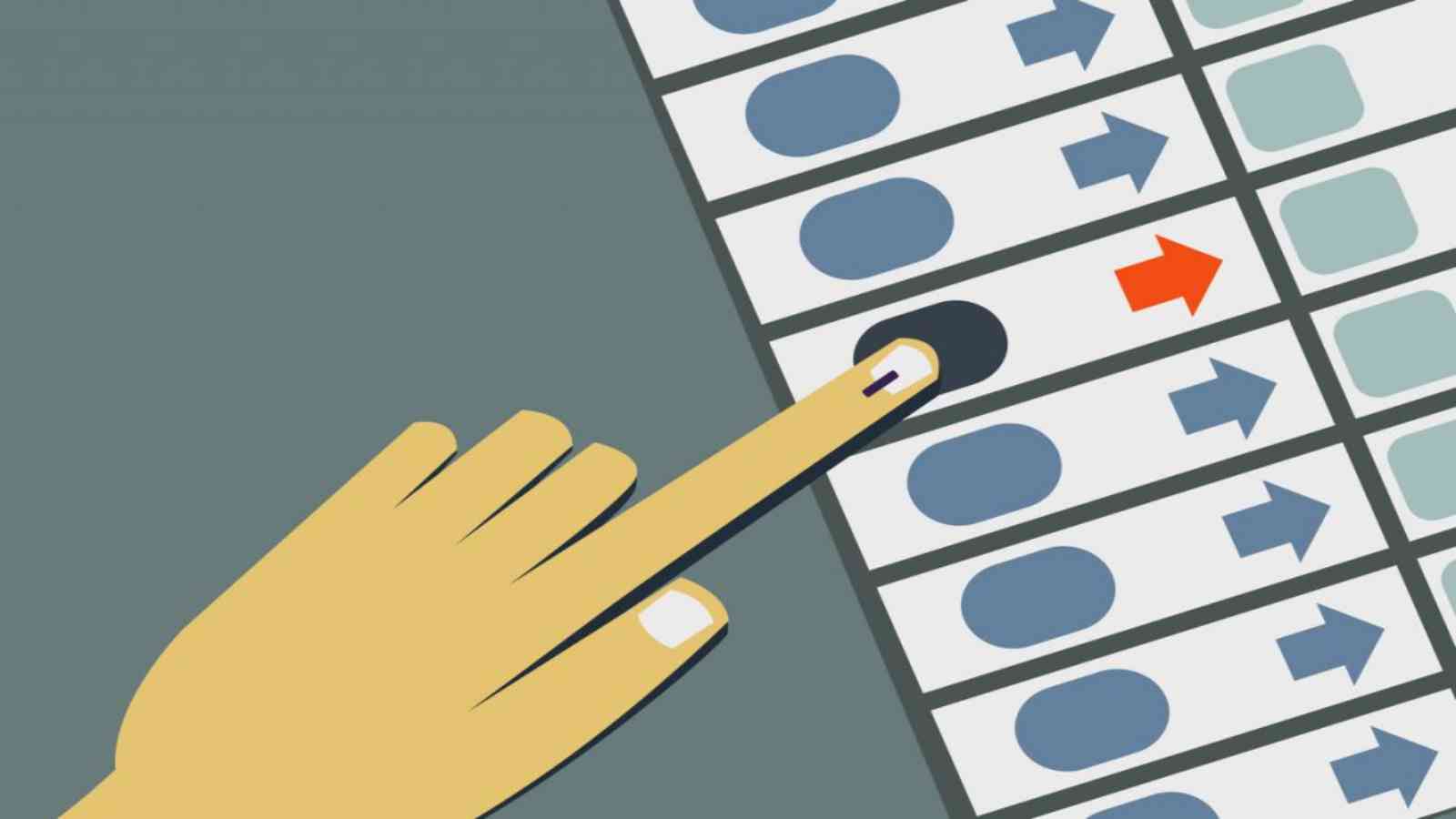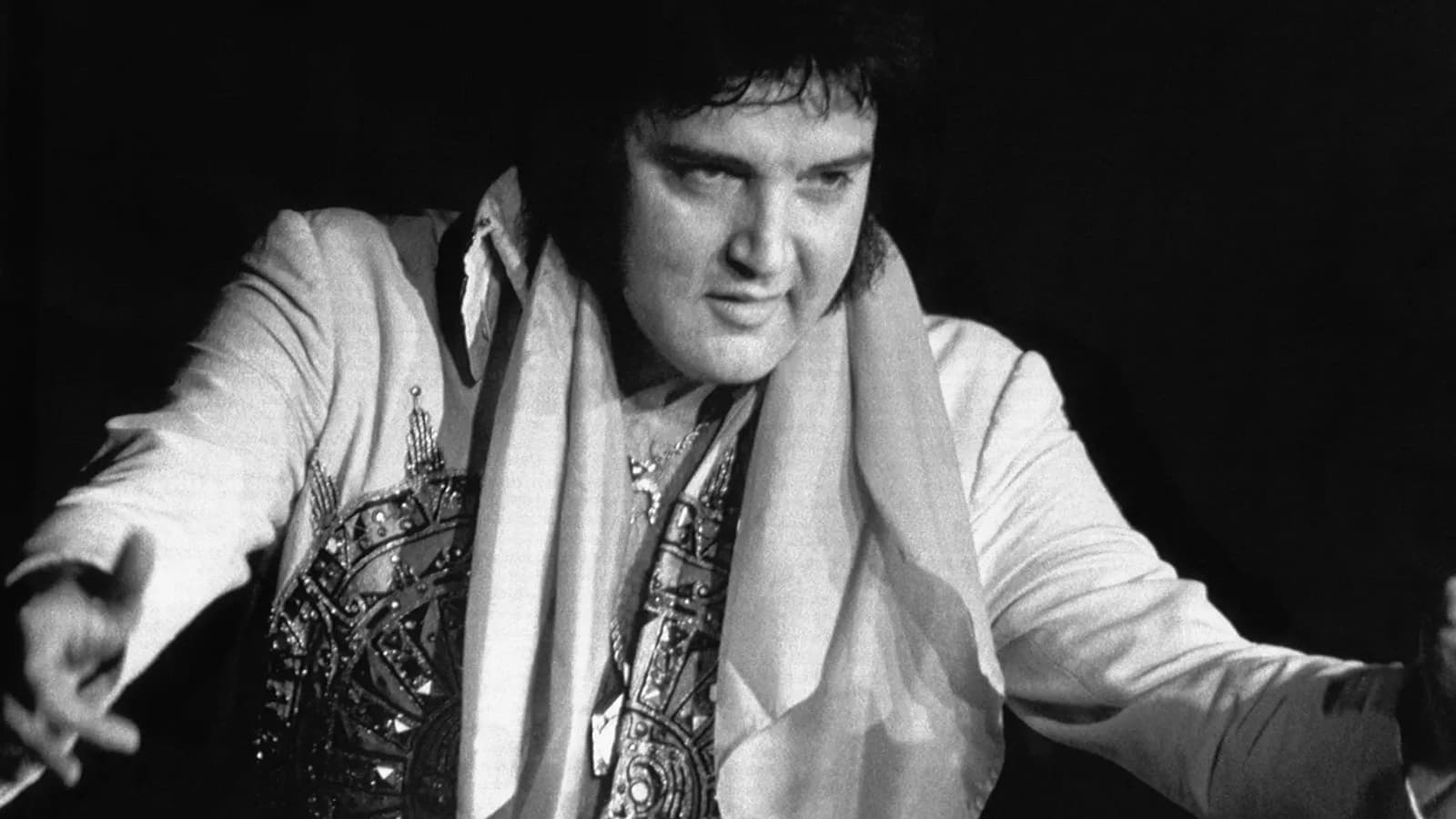Elections in 2024: The largest cross-border election in history is scheduled for June, when over 400 million voters are anticipated to participate in the European elections.
However, elections within and outside of Europe’s boundaries have the potential to have a significant impact on the continent due to high-stakes elections scheduled in populous countries like the US, India, and Indonesia; authoritarian powers like Belarus, Iran, and Russia; and important allies like Taiwan and the UK.
Potential changes in administration might swing the geopolitical balance drastically, impacting trade relations, the Middle East war, the global economy’s interconnectedness, and Western backing for Ukraine.
The elections will also assess the democratic resistance across the world in light of growing concerns about authoritarian leadership and democratic regression.
1. November 5th is the US presidential election
Elections in 2024 might be a very explosive year in world politics because of the possibility of Republican front-runner Donald Trump winning the presidency again. The stakes are quite high for Europe.
However, Trump’s presidential campaign might not even get off the ground. Due to his conduct before the Capitol Hill attack in January 2021, the Colorado Supreme Court has declared that he is ineligible to run for office in the state.
Although he still has a sizable lead over his Republican opponents, he may still prevail without having to appear in Colorado. However, the decision establishes a high standard for cases of this nature, which may prevent him from running in future states.
Whether Trumpian or not, a Republican takeover may upend the West’s well-coordinated approach to Ukraine since certain party factions advocate limiting financial and military support to Kyiv.
It can also indicate a resurgence of trade tensions. To defend US producers, the former Republican government of President Trump imposed steep tariffs on allies in Europe. Both parties have agreed to a temporary ceasefire, but if Trump wins the election, he has vowed to impose a 10% tariff on all imports from abroad.
A shift in the government may also affect the ongoing negotiations to spare the EU from tariffs under the Inflation Reduction Act when exporting vital minerals to the US for use in the production of electric batteries.
2. June 6–9 are the European elections
The eligible voters in each of the 27 EU members will select their representatives in the European Parliament, which is the only democratically elected body within the union, in June.
Despite having a record number of voters, the election has been marred by low turnout and disinterest from many who believe the EU is too distant from their everyday lives.
Due to projections of a rise in support for far-right and eurosceptic parties, which have benefited from recent political victories in the Netherlands, Italy, Finland, and Sweden, there are worries about the future direction of the EU.
With 87 seats in the 720-member legislature, the far-right Identity and Democracy group is at a record high, according to the most recent surveys. This means it might challenge the Liberals for third place in the House. This would place the far-right in a position of power between the two main conservative and socialist factions, who despite their ideological differences work together to maintain the integrity of the EU institutions through a “grand coalition.”
Climate change, migration, simmering anger in rural regions, and economic downturns in major EU economies are all expected to be campaign-defining themes.
In addition to determining who would lead the European Commission going forward—current President Ursula von der Leyen is predicted to run again—the election will also significantly rearrange the top positions inside the EU.
Dimpled Chad Day 2024: Date, History and amazing facts five facts about the American elections
3. 10 March: Parliamentary election in Portugal
Portugal’s president announced a quick election in November following the forced resignation of socialist Prime Minister António Costa, who has since held the position in an acting capacity due to an extensive corruption investigation.
The Socialist Party (PS), which has recently served as a stronghold for the European left wing, will be hoping that its new leader, Pedro Nuno Santos, can hold onto power in the Iberian nation.
According to polls, there is a tight battle between Nuno Santos’ Socialist Party and the Social Democratic Party, a conservative opposition party. Currently, both parties are tied in the polls with about 27% of the vote.
However, the bastion of the left may be the most recent nation in Europe to witness a boom in the far-right. At 17%, Chega, a hard-right opposition group seeking to unseat the established two-party system, is closely trailing the two mainstream parties.
Chega has been under fire for using language that is racist, anti-LGBTQ+, anti-immigrant, and anti-Roma, thereby “poisoning” the national conversation.
4. June 9th – Belgian federal election
Early June will see a double election in 2024 Belgium, with the federal and European elections occurring on the same day. With no fewer than seven parties in its present coalition administration, the 11.6 million-person nation is well-known for its divided politics and intricate power-sharing agreements.
The polls show a very familiar picture: the Socialist Party is leading in Wallonia, the far-right Flemish independentists Vlaams Belang are leading in Flanders, and the liberals are predicted to win in Brussels.
As the present seven-party coalition is expected to secure sufficient support to regain power, Prime Minister Alexander de Croo will look to capitalize on Belgium’s upcoming six-month EU Council presidency, beginning in January, to further his domestic political agenda.
However, in its native Flanders, De Croo’s own Flemish conservative liberal party is polling at all-time lows. His support has decreased as a result of his firm position on the Gaza conflict and the current government dilemma brought on by the terrorist assault in Brussels.
5. The autumnal legislative election in Austria
The election in Austria may turn out to be one of the most important as Europe tries to contain a far-right upsurge.
With an amazing thirty percent of the vote, the far-right Freedom Party of Austria (FPÖ) is now leading the polls. Following the 2019 Ibiza incident, in which Heinz-Christian Strache, the then-Vice Chancellor and head of the FPÖ, was caught on camera requesting political favors from Russian business associates, the party’s popularity has been gradually rising.
Right-wing voters have gradually come to trust the party again because of its populist policies, criticism of the economic effects of EU sanctions on Russia, and anti-lockdown stance during the Covid-19 outbreak. To increase its support base, it has also profited from divisions among centrist parties.
Other Elections
Finland will choose a new President in January, so there will be more elections to watch.
Elections for parliament are scheduled for May 12 in Lithuania and September 22 in Croatia.
The presidential election in Ukraine is scheduled for the spring, but voting is forbidden while the country is under martial law. Earlier, President Volodymyr Zelenskyy declared that elections during a war would be “utterly irresponsible.”
On March 17, Russians will choose their next president. However, President Vladimir Putin has an easy route to securing his next term with the suppression of the independent media and the imprisonment or exile of critics.
Belarus is set to hold fake elections on February 25 and Iran on March 1.
India will hold general elections in April and May, and Indonesia will hold them on February 14. With more than 200 million eligible voters, the Indonesian election is expected to be the largest single-day election in history.
Taiwan’s presidential elections are scheduled for January 13.
This week, Prime Minister Rishi Sunak declared that general elections in the United Kingdom will take place before the end of 2024.



